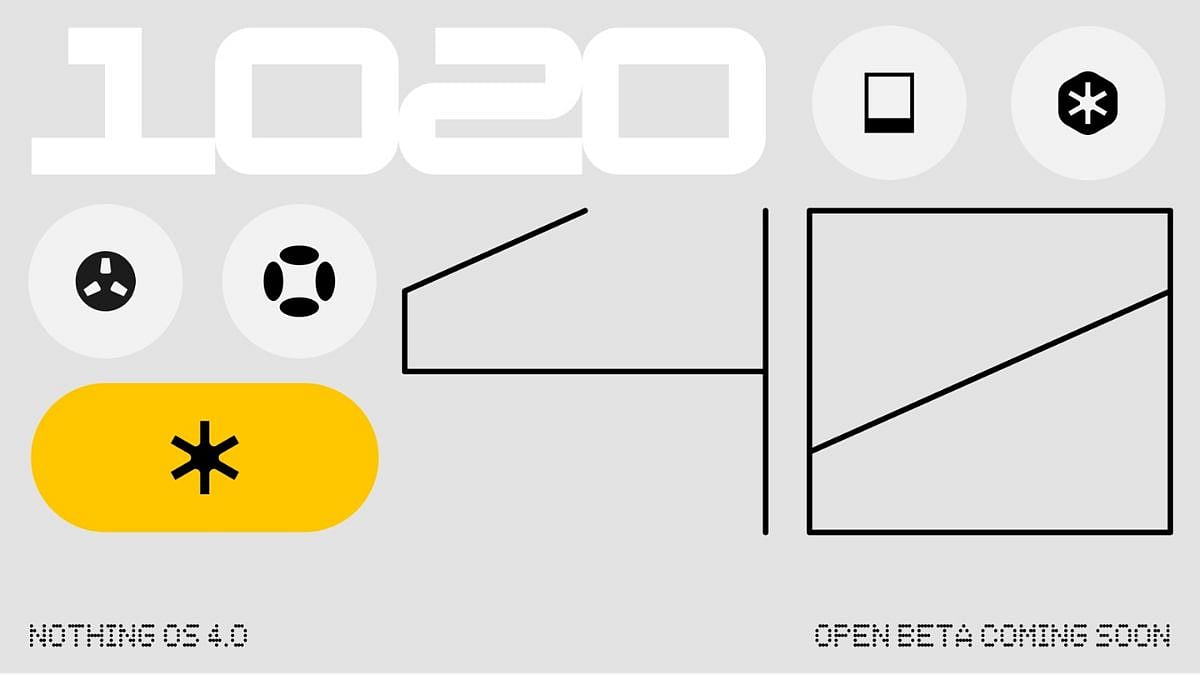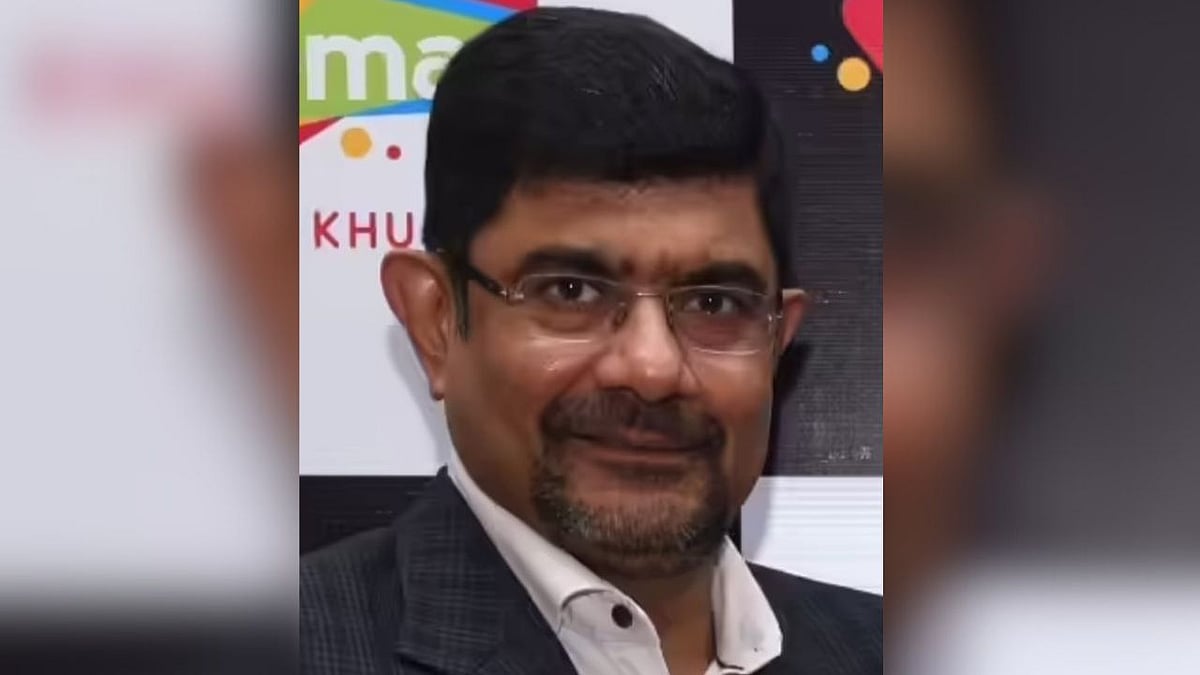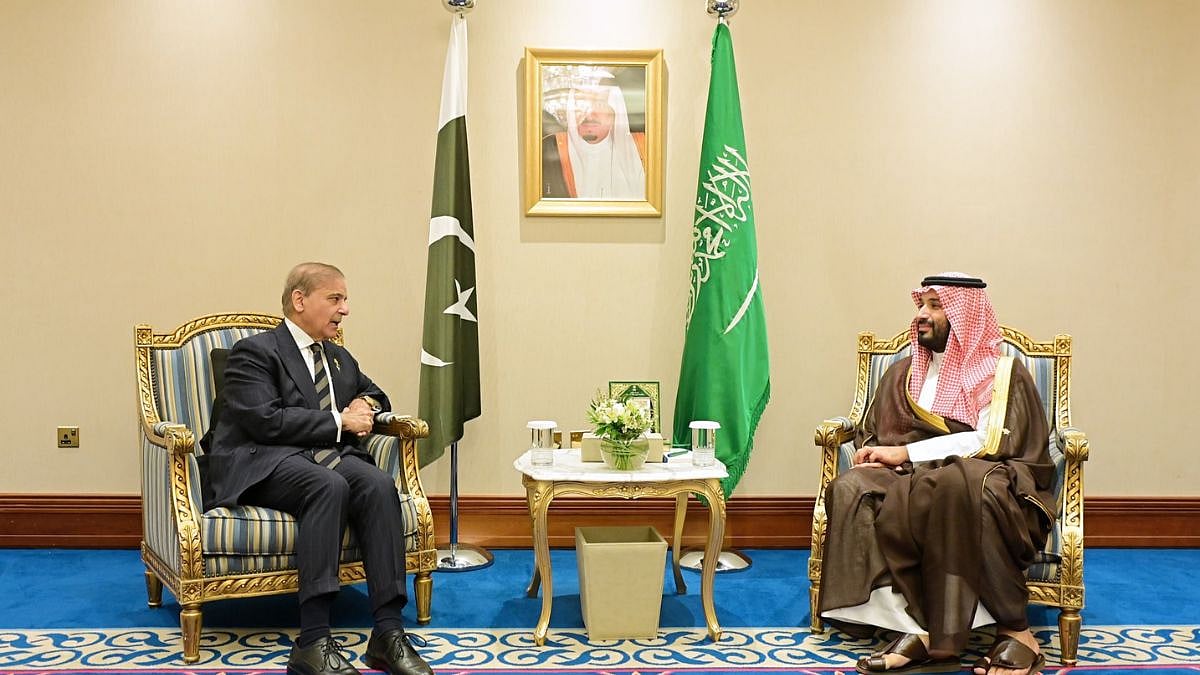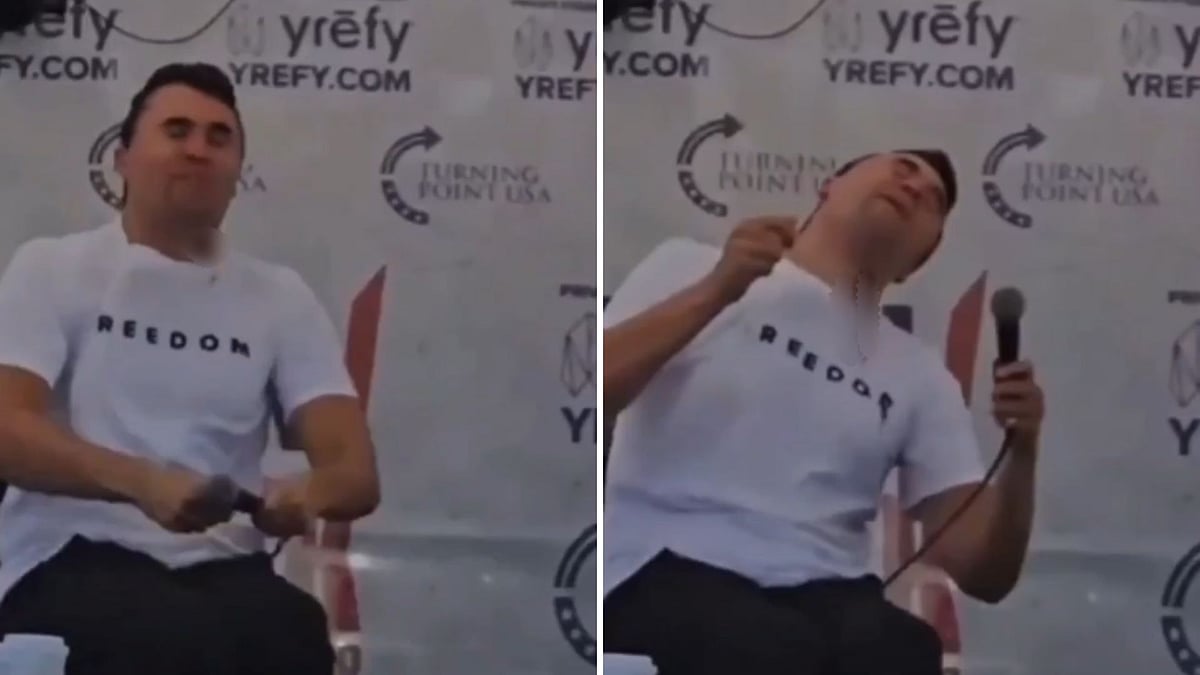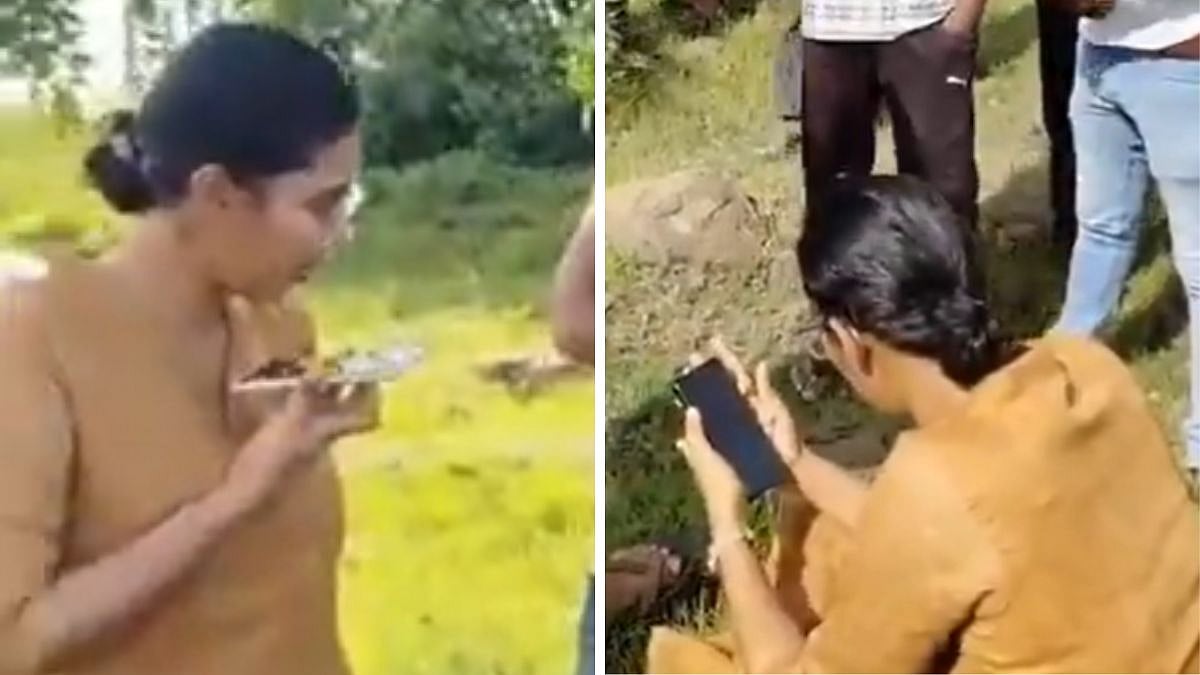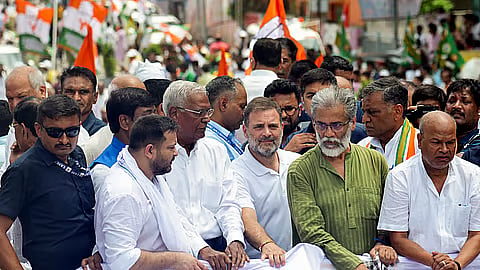When the BJP won a clear majority in the Lok Sabha under Narendra Modi's leadership in 2014, it was the first time the party felt that it could grow not just in Parliament but in many Assemblies all over the country without taking the support of alliance partners. In June of 2014 at a meeting held in New Delhi, Prime Minister Narendra Modi motivated the newly elected BJP members of the Lok Sabha to focus on the target of “rajyon main shath pratishath BJP” (100% BJP, in power in states) and said that a new era had begun in which the BJP will not have to depend on any small or regional parties in the future. This prompted the BJP to distance itself from Shiv Sena in Maharashtra and Akali Dal in Punjab.
Now, a decade after those events, the situation may have again changed and the BJP may be now depending on alliance partners TDP and JD(U), but the core leadership now thinks it has to motivate the party workers and supporters with the target of going solo again and focusing on Hindutva as the biggest agenda for the party.
Union Home Minister and the BJP's second most powerful leader Amit Shah is currently in Mumbai and if there is one thing he is driving as a thought among the activists of the saffron party, it is the message to focus on the path of Hindutva and prepare for future elections to fight, not as an alliance but as a solo player in the political field. Addressing very senior office bearers and activists of the BJP in Mumbai on Tuesday, Shah stressed the need for staying committed to the cause of Hindutva and not deviating from the party's original ideology. Just a couple of days ago BJP's most powerful leader in Maharashtra and Deputy CM Devendra Fadnavis claimed that in about 17 or 18 Lok Sabha constituencies in Maharashtra, the party lost because of what he called “vote jihad”. The narrative used by the Opposition during the campaign, that the BJP wanted to change the constitution, somehow pushed sizeable votes towards the Congress party and Uddhav Thackeray's Shiv Sena. The votes from the Muslim community went to these two parties. This being described as “vote jihad” by the top BJP leader has become a talking point in the state. It is clear that Amit Shah as well as Fadnavis are driving Hindutva thought among party activists.
It is interesting to study what might be encouraging the BJP in Maharashtra to drive Hindutva thought among the party activists and its core voter base. Most observers and insiders feel that it is a reaction by the BJP to the communal polarisation that the Opposition parties seem to have achieved in many parts of Maharashtra. In the past couple of years the state has seen a huge and consistent agitation by Maratha activists over the demand of reservation for the community in education and jobs. There is a sharp reaction that is now evident among the other backward classes or OBC community. While the BJP suffered losses in the Lok Sabha polls over this issue in Marathwada and Western Maharashtra, it is clear that this can now only be fought with a larger issue such as the Hindutva agenda which the BJP has run for decades in many parts of the country.
The BJP is now seen encouraging several leaders such as Konkan MLA Nitesh Rane or Member of Parliament Anil Bonde to take a hard line over Hindutva in their day-to-day discourse and run a controversial narrative. The BJP hopes that they will be able to polarise Hindu votes on a hardline Hindutva agenda and since 85% population belongs to the religion the party thinks they can tide over any other political issue if they push hardline Hindutva.
Coupled with this the party wants to energise the cadre and activists by pitching for going solo in the 2029 elections. The party can sense that the activists who originally were told to take up the “shath pratishath BJP” path suddenly saw alliances being made in Maharashtra not just with the Shiv Sena but even with a political adversary like Ajit Pawar. There is massive resentment among the grassroot workers over the BJP sharing seats with the NCP in recent Lok Sabha polls. Obviously the leaders are now trying to douse the fire by saying publicly that the party will go solo in the 2029 polls. This is basically an exercise to make the karyakartas (grassroot workers) feel optimistic about their chances of getting candidature some time in the future. It is interesting to note that Home Minister Shah visited Nagpur and some other cities just last week and during that tour his message to the party office-bearers and leaders was to “accept the alliance partners as our own” while on Tuesday in Mumbai, his message was that the party will be ready to fight the polls solo in five years’ time!
The big question is, will the BJP succeed in its plans by taking the path of hardcore Hindutva and also deciding to discard its alliance partners in the long run? How will the alliance partners react to this strategy of the saffron party? Will the BJP's grassroot cadre be lured by the prospects of fighting solo? The answers to many such questions will be found in the coming months!
Rohit Chandavarkar is a senior journalist who has worked for 31 years with various leading newspaper brands and television channels in Mumbai and Pune

